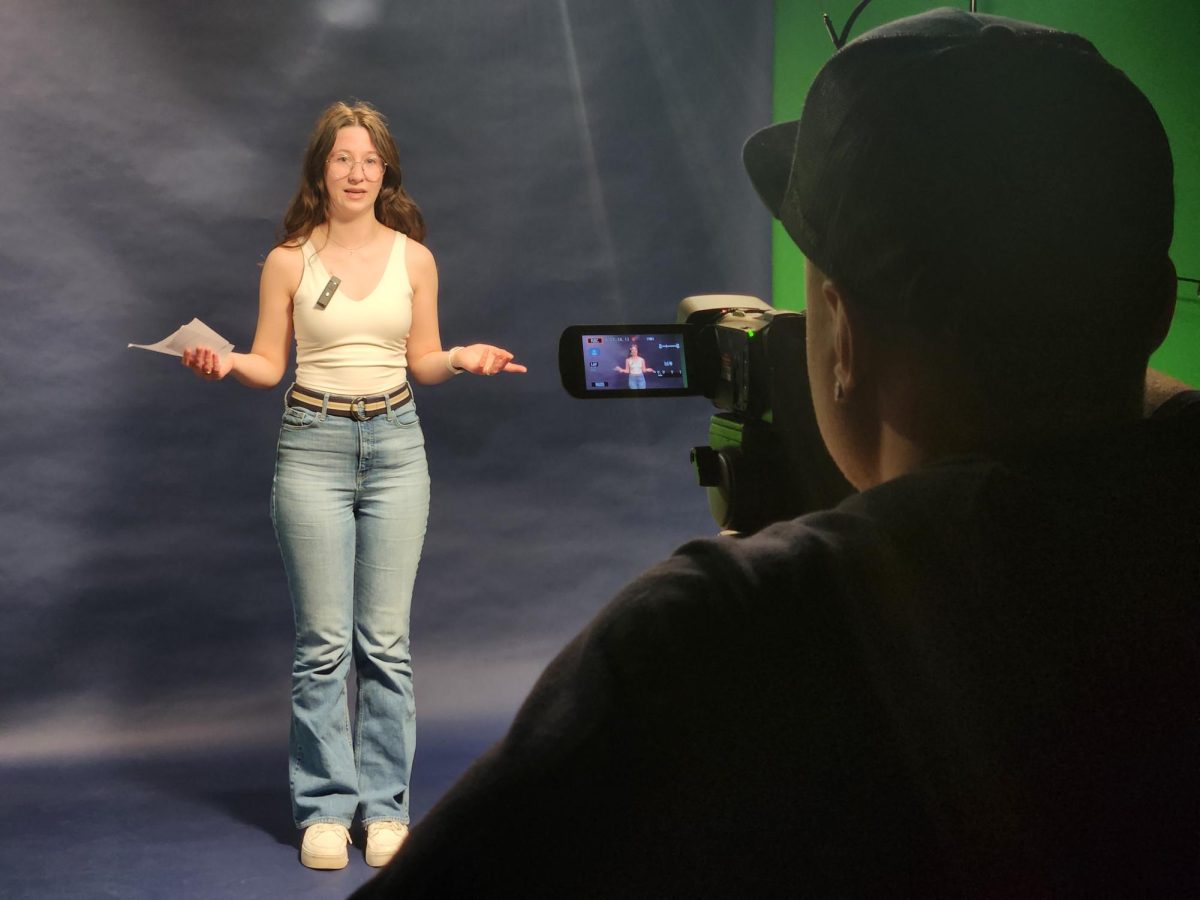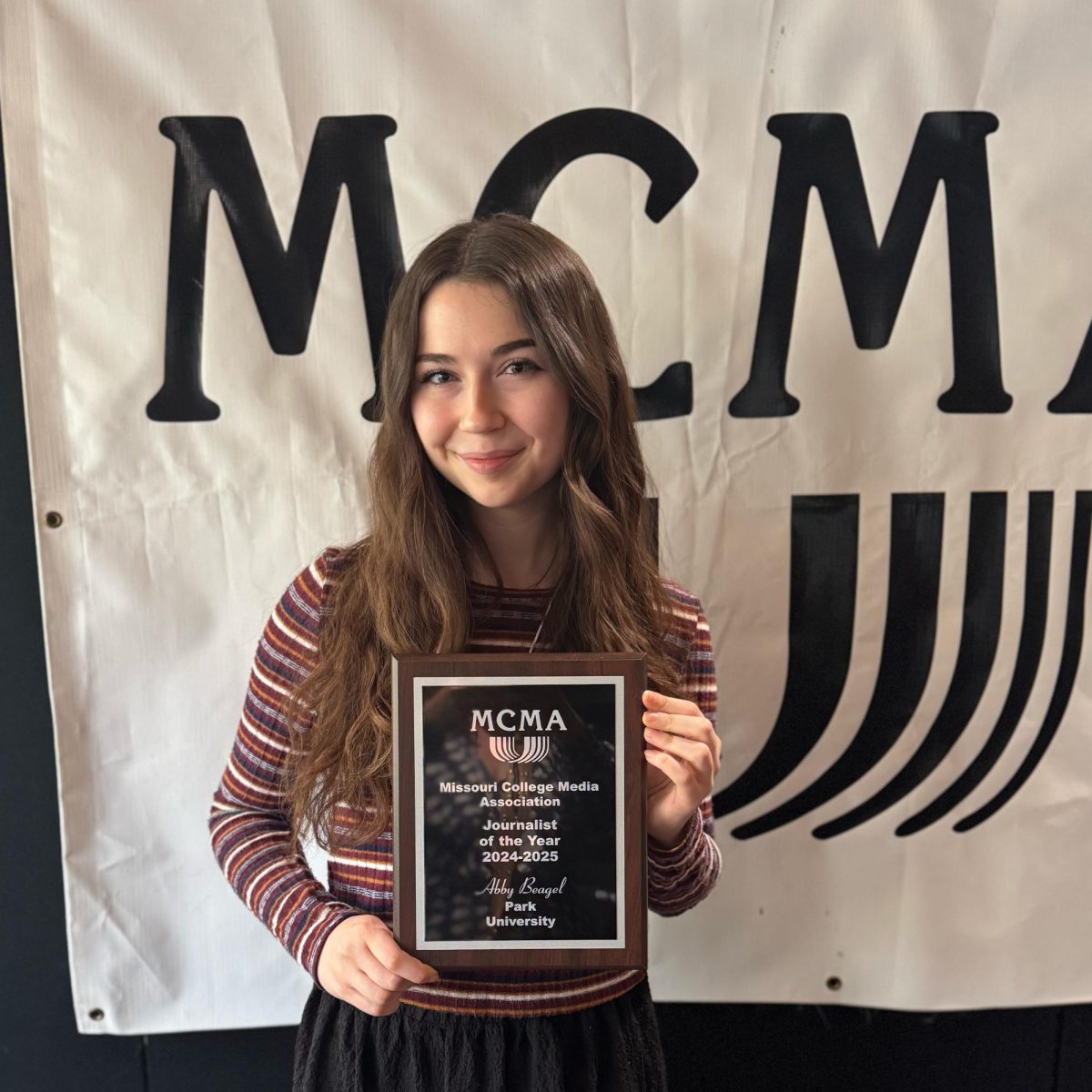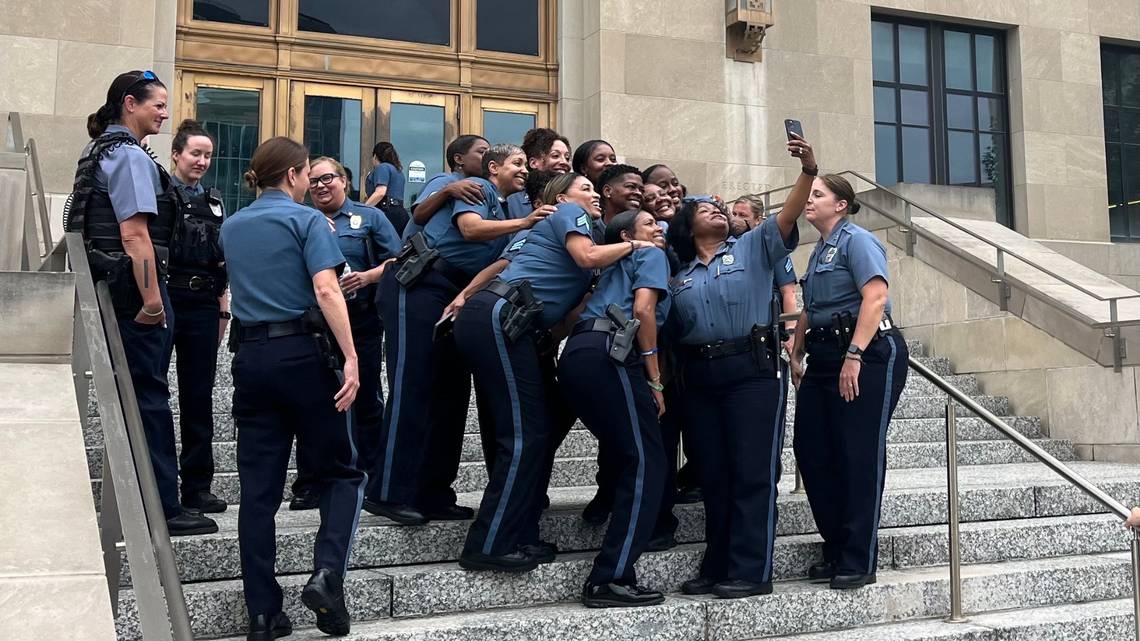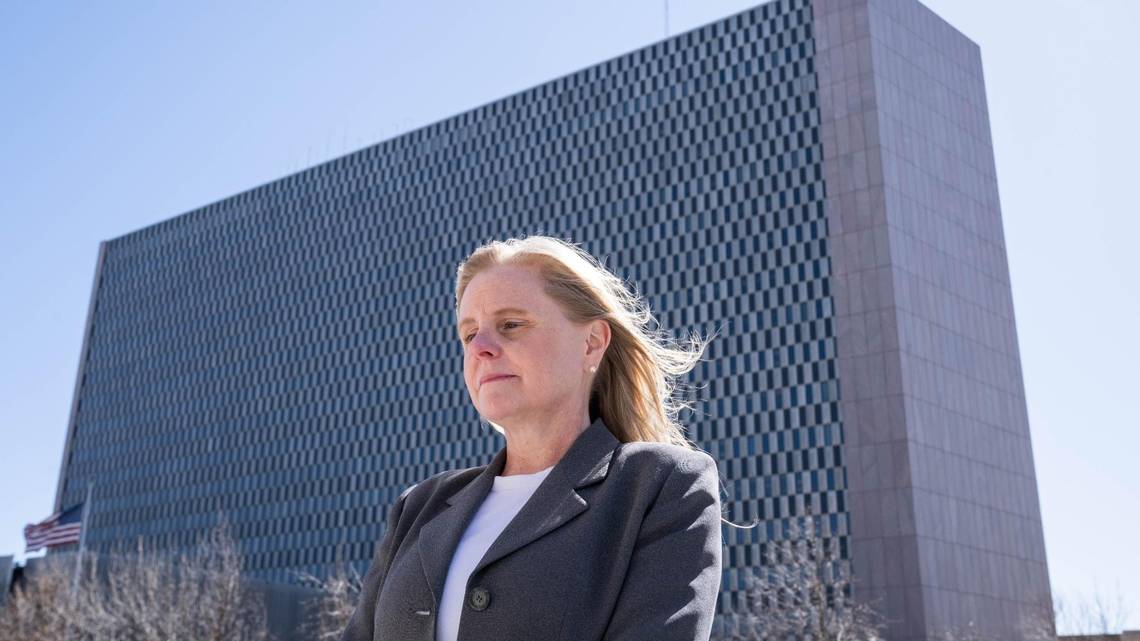An international student pursues his dream far away from home and Abdullah Alohali is no exception.
Alohali, who is 20 years old, left Saudi Arabia in order to study criminal justice at Park University. He said it was his dream to come to the United States since he was a child.
“When I was in my lovely country, Saudi Arabia, I thought about going to complete my edu- cation and improve my English as my second language in the U.S.,” he says.
Alohali said before he came to the United States he was interest- ed in English and desired to speak and write it fluently. Knowing Arabic and English could add more opportunities to work outside the Middle East with international organizations, such as the United Nations and the World Health Organization, he said.
Learning English in his country lead to some obstacles, however, because Arabic is the official language and English is taught as a foreign language leading to most media including newspapers, books, television and magazines to be communicated in Arabic. He overcomes these obstacles by speaking English properly to teachers, classmates and Western tourists.
Alohali graduated from high school in 2009. Two years later, he started his journey to achieve his education goal in the U.S. Al- though it is a first time for him to come to the US, Alohali has traveled to Australia, France, Spain, Egypt, and Bahrain since he was 15 years old.
Alohali’s father authorized him to visit their relatives in those countries and they even helped him financially to pursue his education in the U.S. At the same time, he took personal responsibility and took an $11,000 student loan from Saudi government to pay his for education.
During his preparation to leave the country, he admitted a foreign student in the U.S. may face some challenges including homesick- ness, culture shock, language limitations or loneliness. Alohali said he will adopt a new culture and that this eliminates fear.
To accomplish his goal, learn- ing English is a key to his academic success. This opens doors
for him to get to other American Universities. Since his arrival in August 2011, he has taken English as a second language (ESL) at Southern Utah University in Salt Lake City, Utah. This was meant to improve his English before he enrolled in academic classes.
In the ESL course, Alohali learned to spell and write essays. They were important steps for his academic advancement. The course enabled him to review the fundamental core components of English writing.
He says learning these words enhanced his writing and his patience and determination are keys to success. ESL program last for two years, and he completed the course successfully.
“I was getting straight A’s and B’s,” Alohali says. “I was an excellent student in all my English courses.”
Alohali says this achievement encourages him to pursue higher education. After completing ESL program he was ready to start academic courses. But he faces financial problem. This becomes an obstacle for him to continue his education in the U.S.
Lack of money to pay for his classes made his education goal almost impossible to achieve. The two years in ESL classes took all his saving: tuition, food, books and rent.
Now, financial difficulty is about to end his education in ESL level; not even an associates’ degree.
Alohali says he learned it was lack of money which left millions of people illiterate worldwide. Without financial assistance, his window of opportunity in the U.S. closes.
All members of Alohali’s family are in Saudi Arabia – 7,155 miles away. He is in Salt City, Utah. He says he needs money to stay in the U.S. As he wanders in a foreign land, he is carrying only a Saudi passport and student visa with him: no green card, no work authorization. Without these documents, he may not qualify for financial aid or student loans in the U.S.
“I was broke at that time,” says Alohali. “I had decided to go home, and I called SACM, send- ing them my documents: transcript, high school grade, English classes that I took, and visa.”
SACM is a Saudi government organization based in Virginia that assists Saudi citizens and students in the U.S.
After he spoke to a SACM official on the phone, he sent his documents to them. Officials re- viewed his high school grade and English classes which he took at Southern Utah University.
After three months of wait- ing, finally he received an e-mail from them. He got a scholarship. He says he was excited his hard working earning him a scholar- ship to further his education.
Alohali transferred to Southern Utah University, which he at- tended for two years. He has now transferred to Park University in order to pursue a degree in criminal justice.
“I felt very happy when I took the campus test at Park University,” says Alohali. “I did a good job, then I got good grade.”








